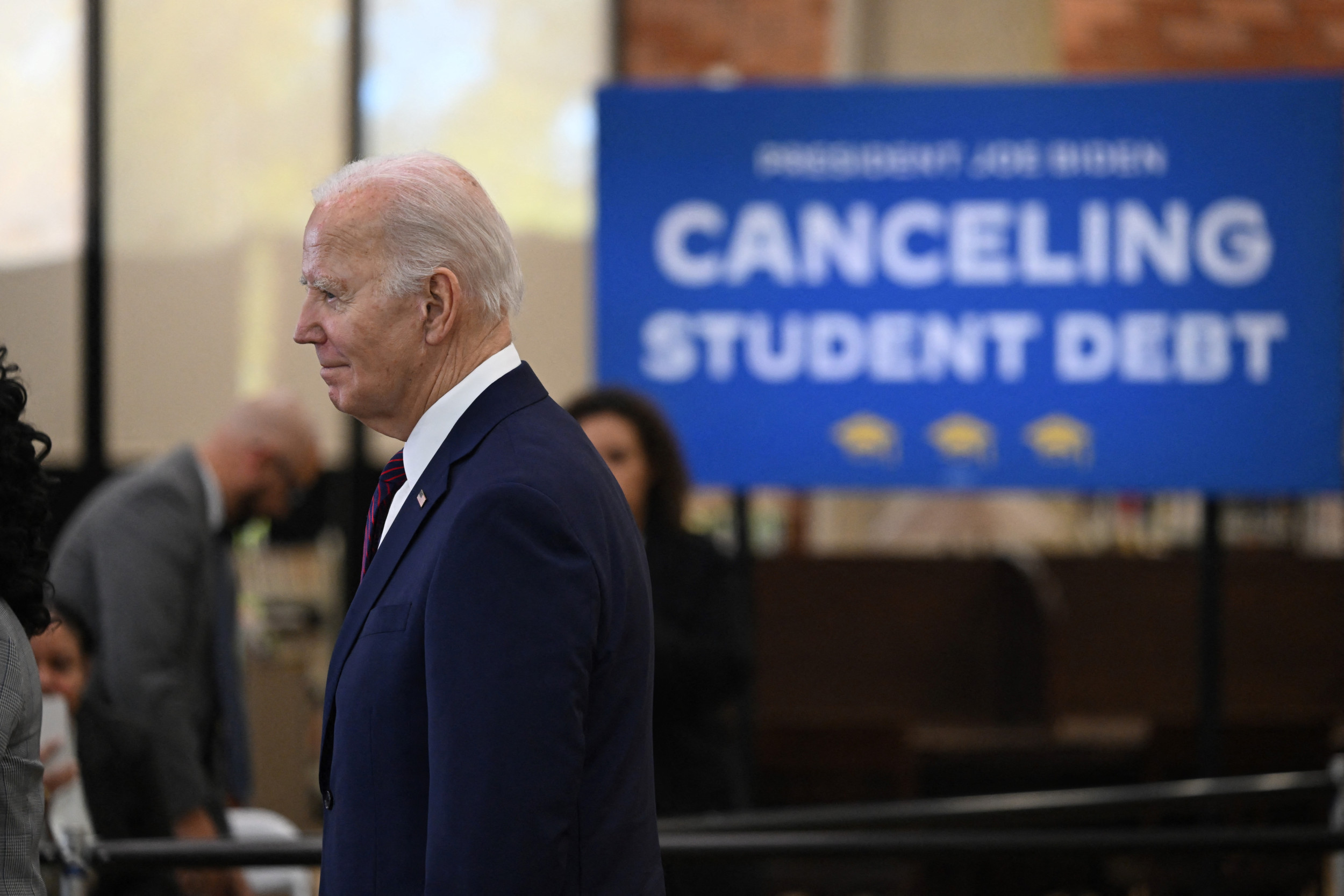Robert F. Kennedy Jr's plan to remove fluoride from drinking water has sparked widespread concern, with one Congressman and former dentist warning there will be "a lot more cavities to fill."
RFK Jr., who Donald Trump nominated as his Secretary of Health and Human Services on Thursday, said earlier this month that a Trump White House would advise "all U.S. water systems to remove fluoride from public water."
"Fluoride is an industrial waste associated with arthritis, bone fractures, bone cancer, IQ loss, neurodevelopmental disorders, and thyroid disease," he wrote on X, formerly Twitter, on November 2. "President Donald Trump and First Lady Melania Trump want to Make America Healthy Again."
The U.S. Centers for Disease Control and Prevention (CDC) says that Fluoride is added to drinking water because it "repairs and prevents damage to teeth caused by bacteria in the mouth."
On January 20, the Trump White House will advise all U.S. water systems to remove fluoride from public water. Fluoride is an industrial waste associated with arthritis, bone fractures, bone cancer, IQ loss, neurodevelopmental disorders, and thyroid disease. President…
— Robert F. Kennedy Jr (@RobertKennedyJr) November 2, 2024Responding to the anti-fluoride proposal, Republican Representative and former dentist Mike Simpson joked that it would be "good for the dental profession," adding: "A lot more cavities to fill."
"You know, fluoride in water has been one of the best inventions of all time. It's been one of the best and the most selfless," he told The Bulwark.
"I can give you examples from my office, of the impact that it's had in having fluoridated water... So I disagree with him on that."
Similarly, Texas GOP Representative Brian Babin, who is also a former dentist, said that the right amount of fluoride in "community water is good for kids."
"I was the mayor of my little town. I have five children. We put fluoride in our water system many, many years ago. My kids are all grown up and have seventeen grand kids now. We don't have any health problems," he told The Bulwark.
Newsweek has contacted RFK Jr.'s team for comment via email.
Dr. Annie Andrews, a pediatrician in children's hospitals who has often criticized Republican policies, also called out RFK Jr.'s anti-fluoride stance.
"In my effort to shine a light on all the things the Trump administration is planning and is going to do that's going to harm children, I thought I'd start with fluoride – one of the most successful health interventions of modern history," she said in a video posted on X.
"We have a very small amount of fluoride in our drinking water to prevent tooth decay, dental caries, which can lead to serious infections and oftentimes require children to hospitalized for IV antibiotics and dental procedures under sedation. I take care of kids like this all the time.
"If we remove fluoride from the water as RFK Jr. plans to do, the number of children who have serious dental infections is going to skyrocket."

Conversely, GOP New Jersey Representative Jeff Van Drew, who is also a former dentist, said that while fluoride is beneficial for dental development in children, the decision should be up to parents, not the government.
"If you live in a community that's got fluoridated water, then you as an adult have to ingest that for the rest of your life. I don't know if that's appropriate," he told The Bulwark.
"Vitamins are beneficial. Certain other substances are beneficial. But we can't make a judgment for everybody that everybody has to take that—it's similar to the vaccine issue.
"So I personally believe that when kids are growing up, they should have fluoride. I also believe after you achieve adulthood, you don't need any more, and it shouldn't be forced upon you."
The fluoridation of U.S. water began in 1945, but recommended levels have since been lowered because of health risks.
The CDC does not mandate community water fluoridation, but it says it is "one of 10 great public health interventions of the 20th century."
It comes less than two months after the Environmental Protection Agency (EPA) was ordered to address how fluoride in water could risk children's intellectual development.
Edward Chen, a U.S. District judge in San Francisco, California, said in September that although it is unclear if the amount of fluoride typically added to water is causing lower IQ levels in kids, there is increasing research that it could be an unreasonable risk.
Chen ruled that the EPA must take steps to lower that potential risk, but did not clarify what the process would look like.



















:quality(85):upscale()/2024/04/24/878/n/3019466/36c5693c662965c5d1ce91.72473705_.jpg)
 English (US) ·
English (US) ·